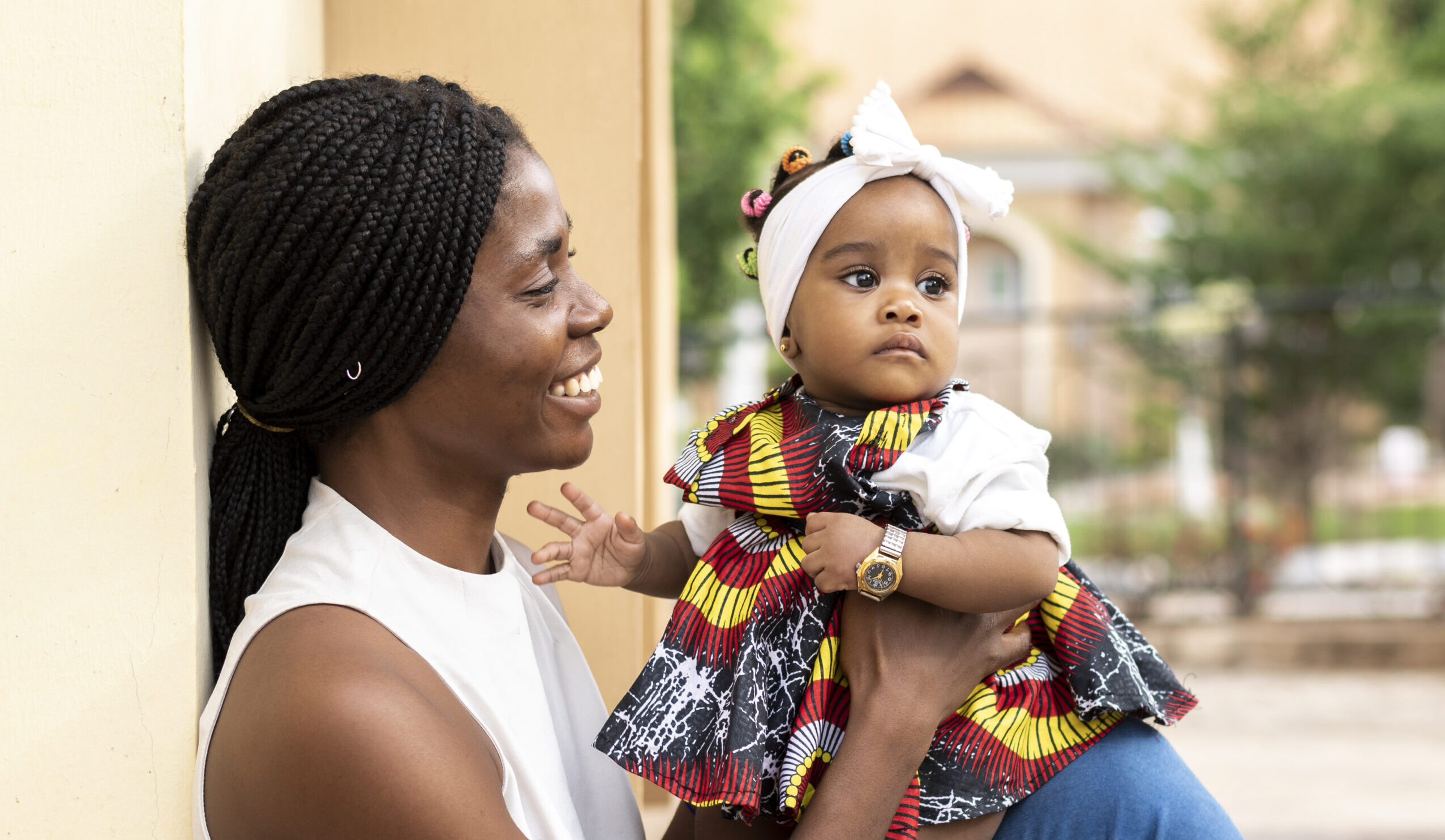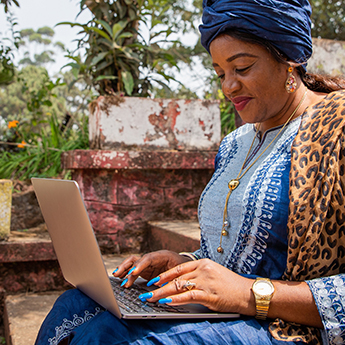News Topic: Postpartum & Post-Abortion Family Planning
FP2030 Daily Dispatch from Women Deliver
New Measurement Report Shows Demand for Contraception Continues to Grow
More than 100 new FP2030 commitments show renewed urgency around family planning as new report highlights steady growth in demand for contraception over the past decade
News and Updates from FP2030
The first 12 months after giving birth are one of the most vulnerable times in a woman’s life. It’s when her need for family planning is greatest — her health and the health of her child depend on it — but it’s also when that need is least likely to be met.
Driving Toward Dramatic PPFP Uptake: Pathfinder International’s Uganda Family Planning Activity
Postpartum family planning (PPFP) is an evidence-based program intervention essential for ensuring the health and well-being of mothers and their babies. In Uganda, each year approximately 15% of women of reproductive age have recently given birth and 12% are postpartum but not using a modern method of contraception. This presents a huge opportunity to invest in PPFP, especially in areas where a large proportion of women of reproductive age are postpartum but not using modern contraception.
Despite pandemic and humanitarian crises, a family planning success story in Myanmar
Over the past two years, the tenuous human rights environment in Myanmar has greatly deteriorated with the COVID-19 pandemic worsening inequalities and tensions between cultural groups. With the continued tension between Myanmar's military and ethnic armed groups, providing access to sexual and reproductive health is a significant challenge. The combination of the pandemic and the uncertain political situation exacerbates the sexual and reproductive health needs of people in Myanmar, as they face compounded effects of an unmet need for family planning.
‘Women in slums largely unaware of post-natal care’
Five African states help women prevent pregnancy right after birth
When Kenyan Eunice Achieng, 24, found out that she was pregnant for the fourth time in six years she could not stop crying. Her other pregnancies had been hard on her young body and her first two babies were always in the hospital. Weak, sick and feeling alone, Eunice knew that she did not want to get pregnant again.
Global Commitments, Local Actions: Postpartum Family Planning Champions Deliver
In a global health conference first, I attended a pageant at the International Conference on Family Planning this week in Nusa Dua, Indonesia. Replete with sashes and flags, representatives from 16 countries paraded onstage to the Olympics theme song. Although there were no fire breathers or piano players in the show, the delegates’ performances remained impressive: to provide updates made in accelerating access to postpartum family planning (PPFP) in their respective countries.








